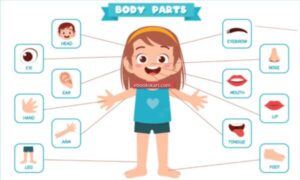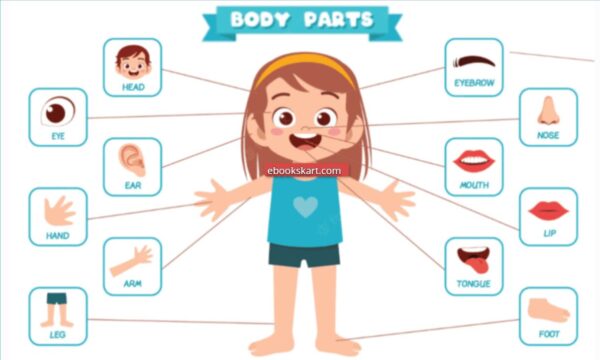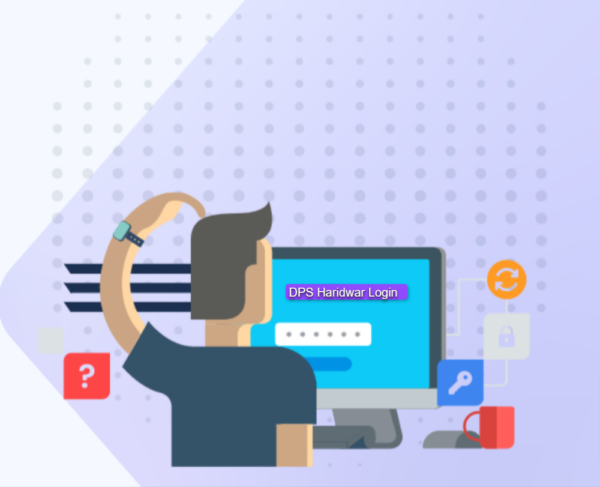IELTS is an international English language competency test that is required for anyone planning to study or live in another country. The IELTS Academic Test and the IELTS General Training Test are the two versions of the test. Both of the version consists of four modules.
- Reading
- Writing
- Listening, and
- Speaking
When it comes to determining your IELTS band score, these four modules are equally important. As a result, if you want to get a Band 8 or higher on your IELTS exam, you must do well in all of these. Now, the majority of candidates are having difficulty with at least one of these modules. Are you facing the similar issues? In that case, here are some of our recommendations for getting a Band 8 or above on your IELTS exam. Take a look at:
Start Your IELTS Preparation Well Ahead of Time
If you need to take the IELTS exam, it’s a good idea to start studying as soon as possible. It is especially recommended for someone who aspires to earn Band 8 or higher and comes from a non-English speaking country. If you are not fluent in English, you may need to master fundamental English grammar in order to kickstart your IELTS preparation.
During all this, IELTS online coaching would undoubtedly come in handy, since it is more comfortable in terms of time management. You will have the benefit of learning at your own comfort.
Focus on Each Module
Reading Test
The IELTS Reading Test is perhaps the easiest of the four modules. Here are some pointers on how to get the most out of this module.
One should first read the passage’s subject, then gain a taste of it by reading the first line of each paragraph, and then switch to questions to figure out exactly what he or she needs to find when reading the entire passage.
Second, extensive reading practice is essential to develop the requisite speed for skimming over paragraphs while also comprehending the broader picture. The more you practice, the more you’ll notice what kinds of errors you’re prone to, and you’ll be able to avoid them. The key to success in the reading section is FOCUS or CONCENTRATION, with speed and analytic skill as secondary requirements.
Writing Test
The IELTS Writing test is without a doubt the most difficult. You should produce an essay that is free of grammatical faults, has a faultless structure, a large vocabulary, and immaculate rich English. In all you have to really focus on your writing skills during your IELTS preparation.
Vocabulary, a wide range of concepts, and a wide range of expressiveness must all be blended into your writing abilities. Fluency and understanding of the subject matter are also vital. In this portion, one should first strive to grasp the issue, then frame points to include in the answer, and then build up the whole body of the passage in a step-by-step manner.
Read as many sample answers as you can and jot down any ideas that come to mind. Concentrate on the core ideas of the questions once more, and attempt to cover all of the important topics while providing your context. Wherever possible, back up your answers with relevant examples and parallels, and be very descriptive as well as convincing with deep, careful reasoning.
Listening Test
Another module in which people suffer is the IELTS Listening test. You must listen to a recorded discussion and respond appropriately during this time. Here are some tips that you can follow during your IELTS prep.
Listening activities are simple but difficult at the same time. Watch English films with a variety of accents and take as many audio tests as you can. If you ignore this section because you believe you’re too cool to practice listening to English, you may be doomed to a low score. This is because, as a listener, you will be tested on your concentration, attention, and accent comprehension all at the same time in this section. Practice answering a variety of questions and identifying your weak points.
You can have a professional assistance on this or for any section of the test by applying for IELTS Online Coaching, as they will provide you the right study materials and in-depth coverage of each module.
Speaking Test
The IELTS Speaking exam is the last one you’ll have to take. This IELTS module is rather simple. Candidates, on the other hand, often suffer with it due to a lack of confidence. It’s because you’ll have to have a face-to-face talk with the examiner in it. Here are some tips that you can follow for this section.
Yet again, watch some good English movies. Improve your enunciation and enhance your pronunciation! Try not to fumble or repeat sentences too much. Maintain your composure and confidence. Respond and speak in a natural manner. When people strive to seem pretentious, they often misunderstand inquiries and respond with meaningless answers.
They don’t test your intelligence, but they do assess your understanding, analysis, and ability to put your thoughts into words. While strong VOCABULARY, flexible exposition of concepts, and fluency are the three most important things to remember, confidence and convincing naturally can be your plus point. Furthermore, if you make a mistake in understanding or responding to a question, don’t be afraid to correct yourself as soon as you notice it you should rather go on.
All in all, yes, you can study for your IELTS exam on your own. However, if you want to get a Band 8 or higher, you’ll need professional assistance. It is a wise decision to apply for online IELTS classes to kick start your preparation without having to waste time on travelling. You will be able to learn from the comfort of your home and boost your skills within no time.












